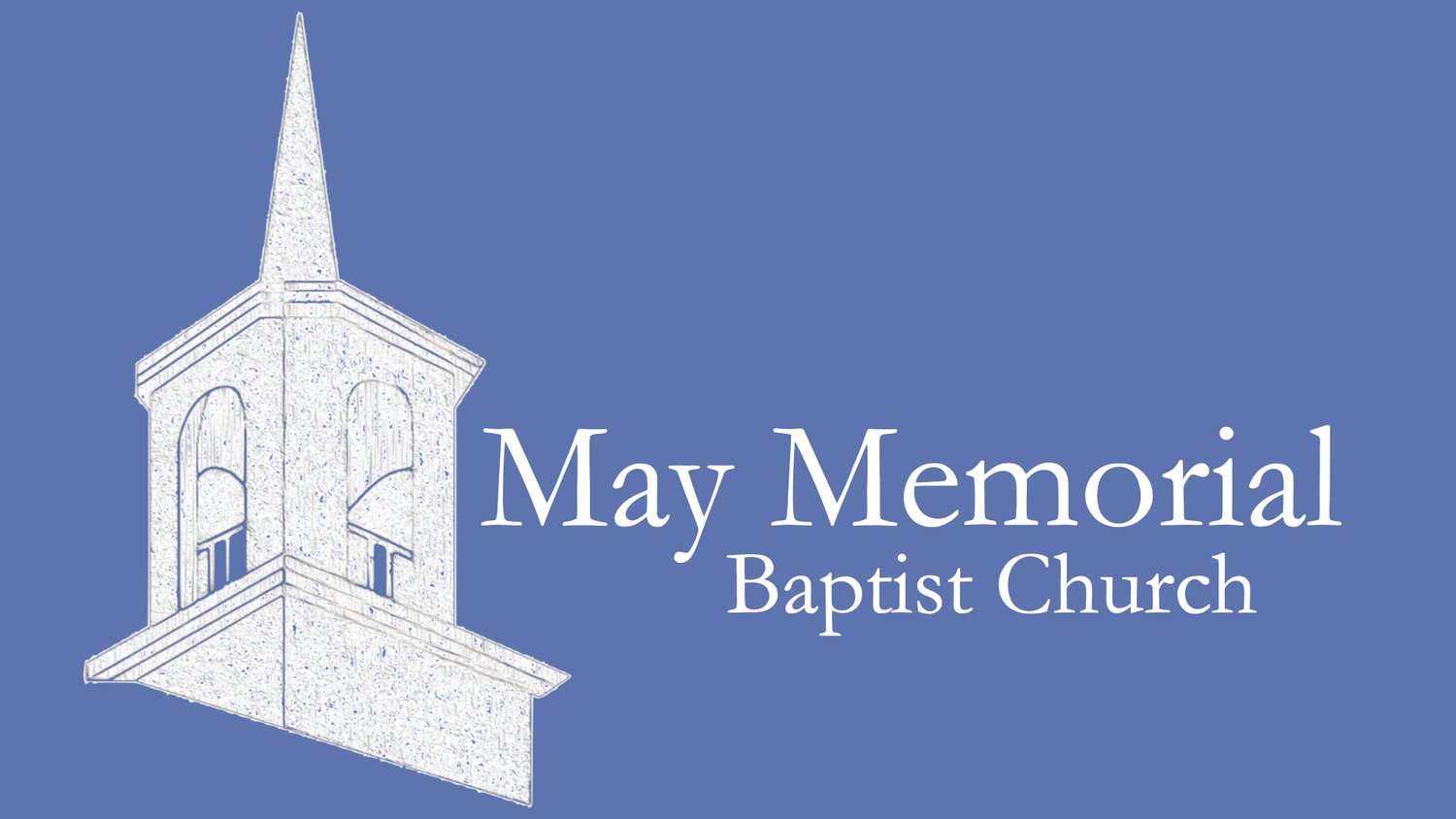I think one of my favorite stories in all of scripture comes toward the end of Genesis. Joseph, his father’s favorite son, has been sold into slavery by his brothers. He is taken to Egypt where he works his way up the success ladder in short time. He experiences a few setbacks, but because of his character and perseverance he ends up being the second highest official in all of Egypt, second only to the Pharaoh. A famine comes, and his family, back in Canaan, are desperate for food so his father sends his brothers to Egypt for a share of Egypt’s stockpile (this stockpile was to Joseph’s credit as well). To make a long story short, Joseph’s brothers end up standing before him, and they do not recognize their brother. He looks like an Egyptian. But Joseph recognizes his brothers. After a little jeopardy and intrigue, there is a grand reunion of Joseph and his family. It is a marvelous story.
One of the characters that is “absent” from the story though, is God. God is rarely mentioned in the story of Joseph. But for God’s people, we know that God has His hands all over the story. God, although not named (at least frequently), is leading and protecting and sustaining and saving His people. When Joseph wanted to see God, all he had to do was look back at his life.
The same is true of us.
Over the next year we will have a theme at May Memorial, “This is My Story.” We will hear stories from people in our church family how God has protected, and sustained, and guided, and saved. Some of these will be familiar stories, some will be stories that you may have never heard. But the theme will be the same, in all of our stories, God has been present.
If you have a story you want to tell, let me know. If you know of someone else who has a story, let me know. When we hear each other’s stories we are encouraged, strengthened, and community is built.
And what we will find is that not only is it “my story,” it is also “God’s story,” because even if we weren’t able to name it at the time, God is the unseen character in all of our stories.
This is My Story…
This is God’s Story…
